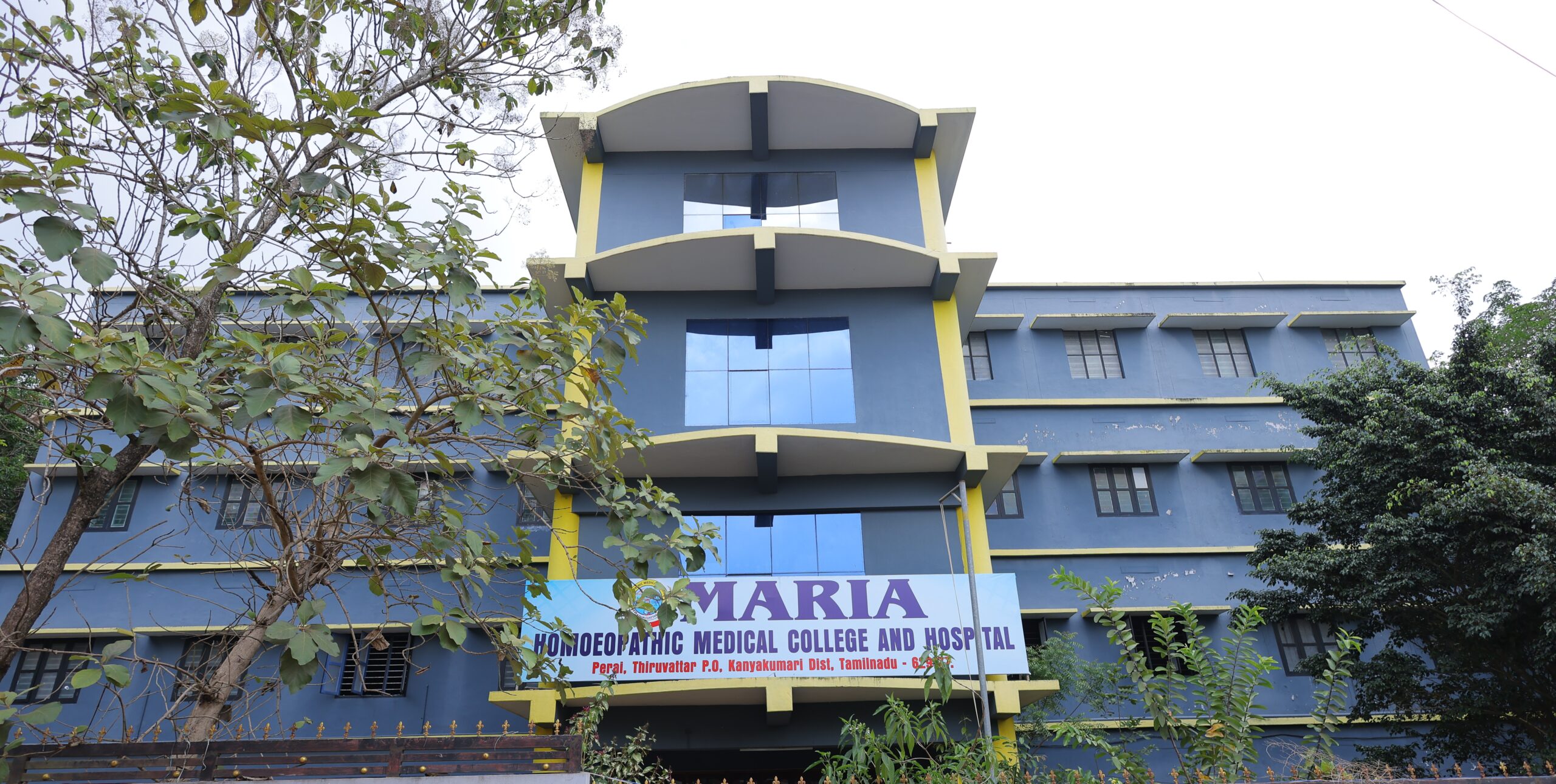Course Outcome
The Department of Repertory aims to develop students’ competency in case-taking, analysis, evaluation, and repertorization, enabling them to apply these skills effectively in homeopathic practice. The course outcomes are structured to provide a well-rounded learning experience, integrating theoretical knowledge, practical skills, ethical considerations, and research-based learning.
COURSE LEARNING OUTCOMES
1. KNOWLEDGE AND UNDERSTANDING
Comprehend the historical evolution, principles, and scope of repertory in homeopathy.
Understand the construction, classification, and practical applications of different repertories, including:
General Repertories (e.g., Kent’s, Boenninghausen’s, Boger’s)
Clinical Repertories
Regional Repertories
Card Repertories
Learn the significance of rubrics, sub-rubrics, cross-references, and their applications in case-solving.
Gain proficiency in symptom evaluation, totality formation, and repertorial approach in remedy selection.
Understand the relationship of repertory with Materia Medica and Organon of Medicine for holistic treatment.
2. SKILL DEVELOPMENT AND PRACTICAL APPLICATION
Develop competency in systematic case taking, symptom analysis, and case recording.
Learn to apply various repertorization methods, including:
Elimination Method
Concordance Method
Synthetic Method
Clinical Method
Card Repertory Method
Gain hands-on training in manual and digital repertorization for precise remedy selection.
Develop proficiency in handling and analyzing cases using computerized repertories such as RadarOpus, Complete Dynamics, and MacRepertory.
Enhance clinical reasoning and problem-solving skills through repertorial analysis.
3. ETHICAL AND PROFESSIONALDEVELOPMENT
Cultivate professionalism, empathy, and ethical responsibility in homeopathic practice.
Develop confidence in using repertory as an essential tool for individualized treatment planning.
Strengthen decision-making abilities through logical reasoning and repertorial applications.
Foster teamwork and collaboration through group discussions, seminars, and case presentations.
Promote lifelong learning and continuous professional development through research and academic activities.
4. RESEARCH AND EXPERIENTIAL LEARNING
Engage in research-oriented learning to explore advancements in repertory and homeopathic clinical practice.
Participate in case-based learning through discussions, tutorials, and interactive presentations.
Conduct repertorial studies on case documentation and analysis to enhance critical thinking.
Utilize modern digital tools and technology to improve the efficiency and accuracy of repertorization.
Gain real-world clinical exposure through hospital-based training, workshops, and hands-on repertory application.
5.PROGRAM OUTCOME ALIGNMENT
The course outcomes align with the broader educational goals of the homeopathic curriculum by ensuring:
✔ Strong theoretical foundation in repertorial philosophy and practical applications.
✔ Skill-based training for effective case-taking and repertorization in clinical settings.
✔ Integration with core homeopathic subjects such as Materia Medica and Organon of Medicine.
✔ Application of modern technology for improving repertorial efficiency.
✔ Research-based learning to develop analytical skills and evidence-based decision-making.








